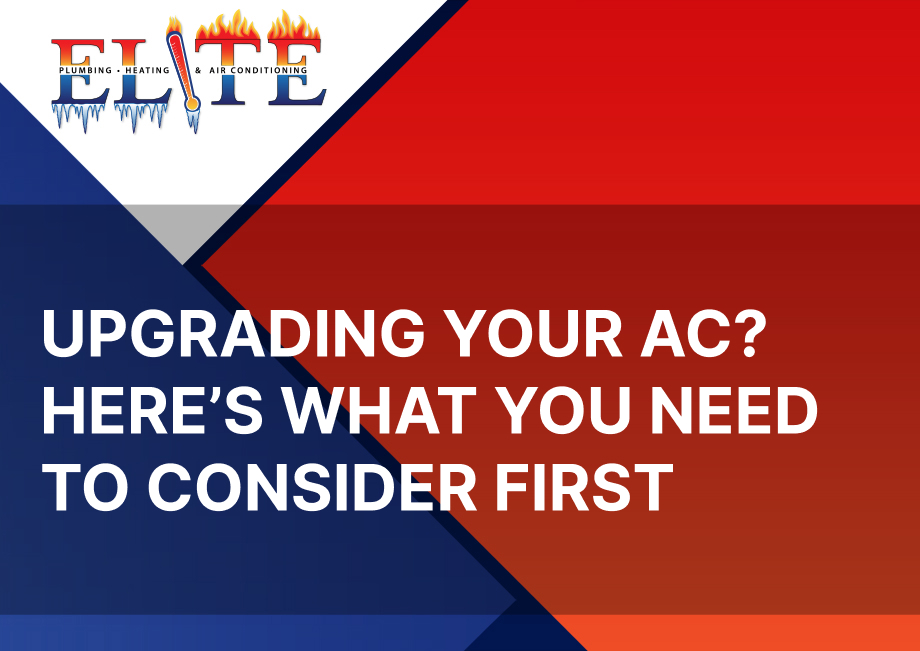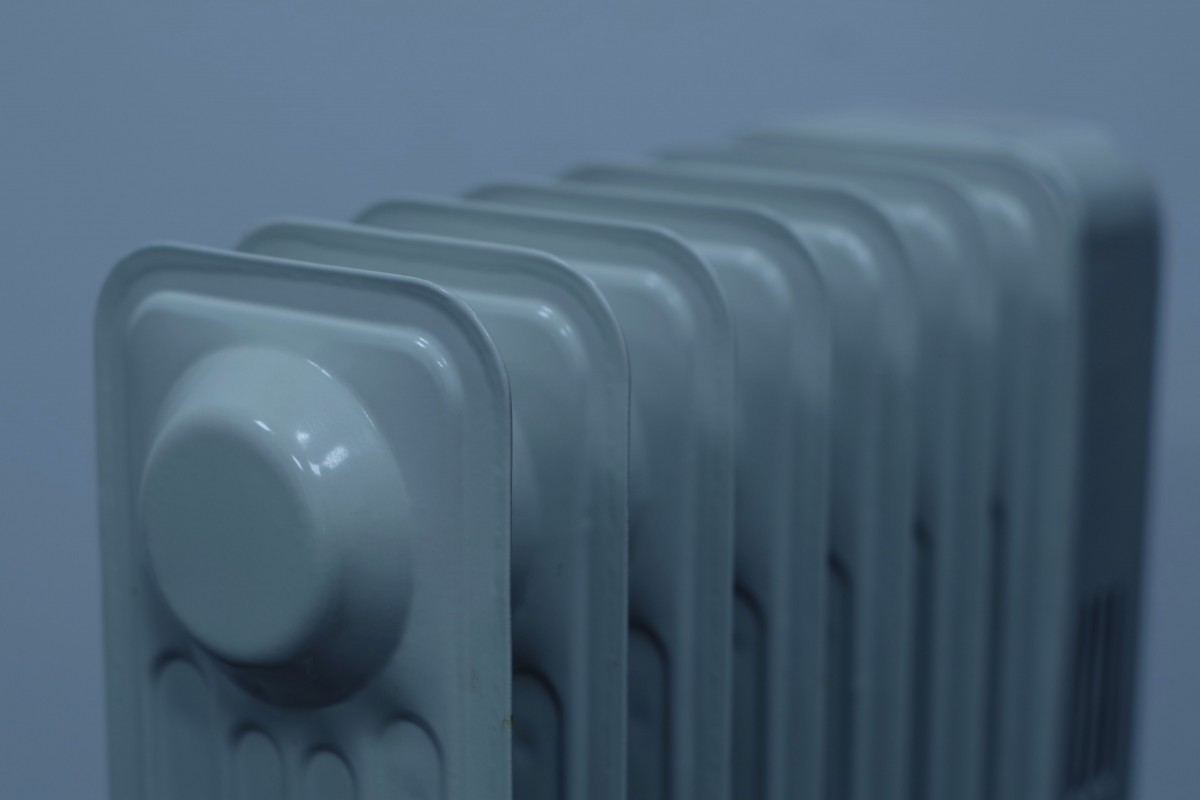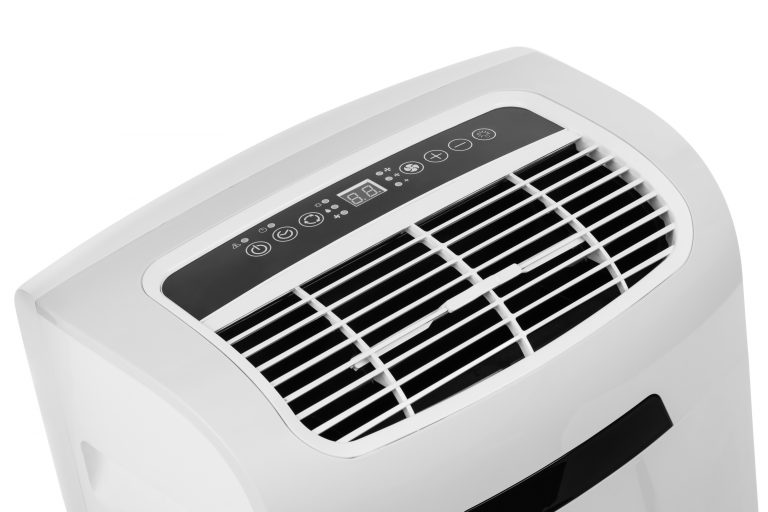Upgrading Your AC? Here’s What You Need to Consider First
Thinking about upgrading your HVAC system? You’re not alone. According to the U.S. Energy Information Administration, nearly 90% of United States homes use air conditioning; many are due for an upgrade. Especially those with older units that cool as efficiently as a hairdryer in a hurricane. But before you leap into the world of shiny new systems and smart devices, consider strategy.
Replacing your AC unit is a big decision: one part comfort, one part budget, and another part tech specs. Break it down.
SEER Ratings and Energy Efficiency Explained
The SEER rating (Seasonal Energy Efficiency Ratio) is like MPG for your air conditioner. The higher the SEER, the more efficient the system, and the more money you save in the long run.
As of 2023, the minimum SEER rating for new central air systems is 14 in the North and 15 in the South, but many high-efficiency models go up to SEER 20+. A higher SEER may cost more upfront but pays off through lower energy bills. Think of it like buying a fuel-efficient car—not just a luxury, but a long-term investment.
Should You Replace Ductwork Too?
It’s not glamorous, but your ductwork is essential. If your existing ducts are leaky, undersized, or over 15 to 20 years old, they may sabotage your shiny new AC’s performance. Imagine buying a fancy espresso machine and pouring the coffee into a cracked mug—same energy, less satisfaction.
New ductwork can improve airflow, reduce energy waste, and make your HVAC system more effective. Ask your HVAC professional to inspect your ducts before installing a new unit.
Rebates, Tax Credits, and Financing Options
Good news: upgrading your AC may come with a financial bonus. There are federal tax credits available for energy-efficient systems, and some states and utility companies offer additional rebates. That high-efficiency, tech-smart unit could be more affordable than you think.
Here’s what to consider:
- Federal Energy Efficiency Tax Credits. You could claim up to $2,000 for qualifying systems under the Inflation Reduction Act.
- State and Local Rebates. Many utility companies offer cash-back incentives for upgrading to ENERGY STAR®-rated systems.
- Manufacturer Promotions. Some HVAC brands run seasonal offers with significant discounts of extended warranties.
- Financing Plans. Many HVAC companies provide flexible payment plants, so you can spread the costs without sweating upfront expenses.
Be sure to compare interest rates, confirm eligibility, and read the fine print. Your cool summer shouldn’t come with hidden surprises.
Matching Your New Unit to Your Home’s Cooling Needs
Bigger isn’t always better, especially regarding air conditioners. An oversized unit will cycle on and off too quickly, wearing it out faster and leading to poor humidity control. An undersized unit will run constantly, never quite cooling as it should.
Your HVAC technician should perform a Manual J load calculation to determine the right system for your home. It considers square footage, insulation, and window placement, ensuring your AC can accommodate your living space.
Ready to upgrade with expert guidance? Contact Elite Heating and AC Repair for honest advice, quality service, and the perfect fit for your home.
SCHEDULE YOUR FREE ESTIMATE
We Provide Expert Air Conditioning Services in Las Vegas, NV






